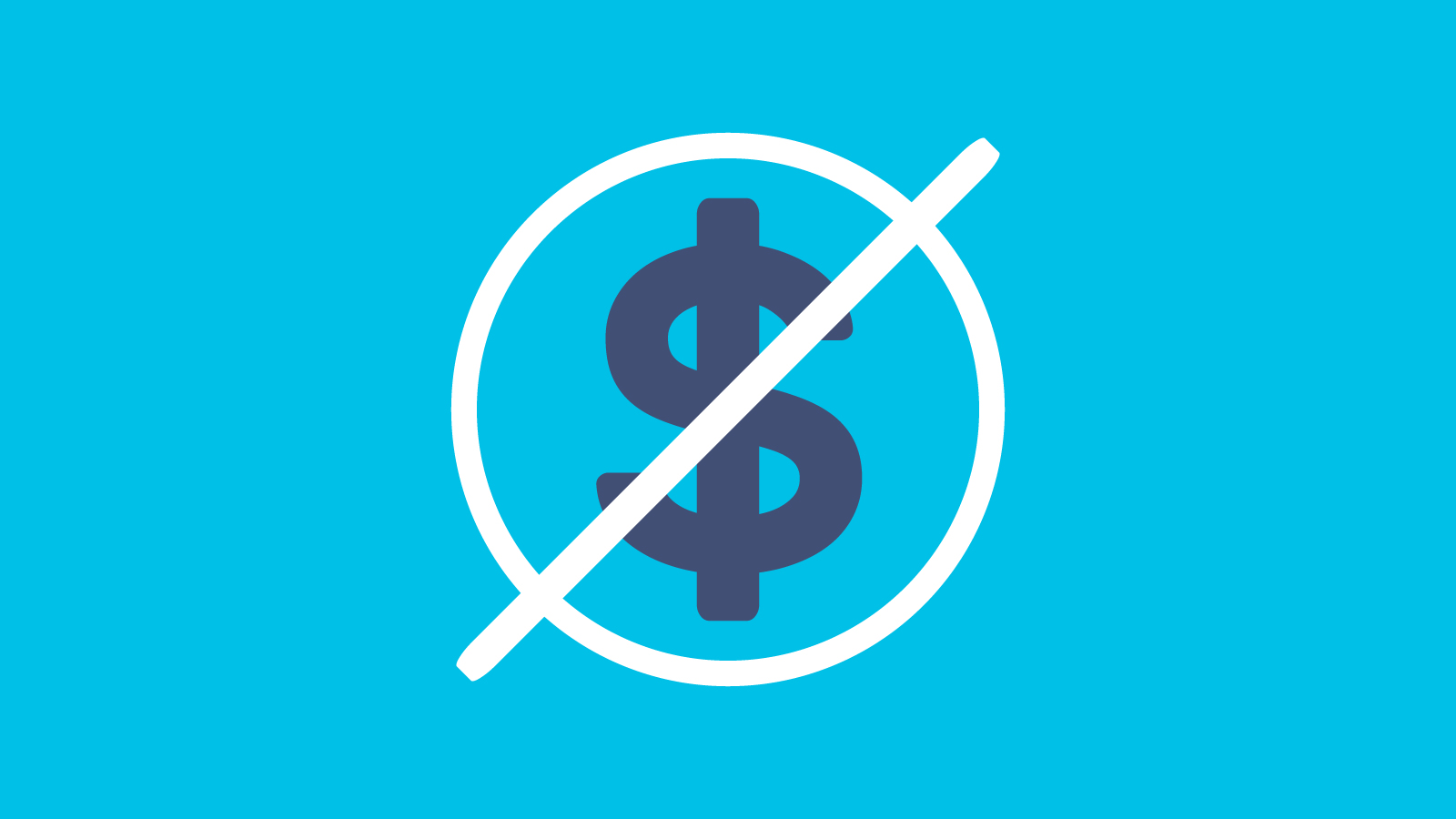Freebies and Opportunities for Science and STEM Teachers, March 19, 2024
By Debra Shapiro

Freebies for Science and STEM Teachers: K–College
Bird Watching Journal Tips
Bird Watcher’s Digest shares some encouraging guidelines for keeping a bird watching journal that apply to bird watchers of all ages. The online article addresses key journaling tools, information to include in a basic journal entry, tips on avoiding writer’s block, and considerations to enhance observations in nature. The article also offers suggestions for illustrating journal entries, including several ideas for non-artists, such as using unique fonts and borders, photos, stamps, pressed leaves and flowers, and more.
Freebies for Science and STEM Teachers: Elementary and Middle Level
World Wildlife Fund’s KungFu Panda 4 Educational Resources
To celebrate the release of Kung Fu Panda 4, WWF’s Wild Classroom and DreamWorks Animation have teamed up to raise awareness about the plight of the real wildlife shown in the movie. This collaboration combines the characters of Kung Fu Panda with educational content focused on biodiversity, adaptations, and the importance of ecosystem balance. The resources are geared toward students in grades 3–8 and include a science team-building exercise, a math handout, a classroom presentation and game, and a social and emotional learning activity.
The collaborators will also host a special Conservation in the Classroom livestream event featuring the director of Kung Fu Panda 4, Mike Mitchell, and WWF Wildlife Conservation Senior Program Officer Alexander Nicolas. This event will be held on March 28 at 1:15–2 p.m. Eastern Time and is recommended for students in grades 3–8. Registration is free.
Freebies for Science and STEM Teachers: High School
Your Future in Marine Hydrokinetics
Your Future in Marine Hydrokinetics (MHK) is an exploratory unit from National Energy Education Development (NEED) for grades 9–12 that teaches students about electricity, magnetism, and the process of generating electricity from marine environments. Through the unit’s inquiry-based explorations, cooperative learning activities, and group presentations, students review energy forms and sources, electricity generation and transmission, water movement in the ocean, the technologies used to generate energy from ocean waves, currents, and tides. Students also learn about the specific skills needed to succeed in careers in MHK. One activity highlight is CTE Model Wave Generator, in which students apply technologies learned to build two working models that generate electricity from wave action. Another activity, MHK Bingo, helps students summarize what they’ve learned through an engaging game with the whole class.
The website includes a Teacher Guide (with assessment rubrics) and a Student Guide, both available as downloadable PDFs.
Opportunities for Grades K–College
Citizen Science Program on Observing the Weather
Do you ever wonder how much rainfall your area received from a recent thunderstorm? How about snowfall during a winter storm? An important volunteer weather observing program needs your help. The Community Collaborative Rain, Hail, and Snow network (CoCoRaHS) seeks new volunteers. The grassroots effort is part of a growing national network of home-based and amateur rain spotters that aims to provide a high-density precipitation network that will supplement existing observations. Through CoCoRaHS, thousands of volunteers of all ages document the size, intensity, duration, and patterns of rain, hail, and snow by taking simple measurements in their own backyards.
Volunteers may buy an official rain gauge through the CoCoRaHS website. Besides the need for an official four-inch plastic rain gauge, volunteers are required to take a simple training module online and use the CoCoRaHS website or app to submit their reports. Observations are immediately available on maps and reports for the public to view. The process takes less than five minutes a day, but the impact on the community is tenfold: By providing high-quality, accurate measurements, the observers can supplement existing networks and provide useful results to scientists, resource managers, decision makers, and other users.
On the CoCoRaHS website, click on the Join CoCoRaHS emblem on the upper-right side of the main website. After registering, take the simple online training, order your four-inch rain gauge, and start reporting! The website has a teachers’ section. The CoCoRaHS program also has an extensive list of short YouTube videos. Watch a special YouTube video for schools.
NOAA Planet Stewards 2024–2025 Project Funding
Educators can receive up to $5,000 to carry out hands-on stewardship projects that make a difference. NOAA Planet Stewards will support formal and informal educators working with elementary through college-age students, and the public, to carry out projects. Stewardship projects must make a substantive, and quantitatively measurable impact on an environmental issue related to the educator’s community. Apply by June 2.
Projects should focus on the conservation, restoration, and/or protection of human communities and/or natural resources from environmental issues in one of the following four focus areas:
• Marine debris mitigation/removal
• Habitat conservation and restoration
• Carbon footprint reduction
• Carbon sequestration
Opportunity for Middle Level and High School
Toshiba America Foundation Grants
Teachers of grades 6–12 can apply online for a Toshiba America Foundation grant of greater than $5,000 to help bring an innovative project into their own classroom. If you have an innovative idea for improving STEM (science, technology, engineering, and math) learning in your classroom, and if your idea involves project-based learning with measurable outcomes, apply by May 1.
Careers Citizen Science Distance Learning Earth & Space Science Environmental Science General Science Inquiry Instructional Materials Interdisciplinary Life Science Literacy News Physical Science Professional Learning Science and Engineering Practices STEM Teaching Strategies Kindergarten Elementary Middle School High School Postsecondary Informal Education


